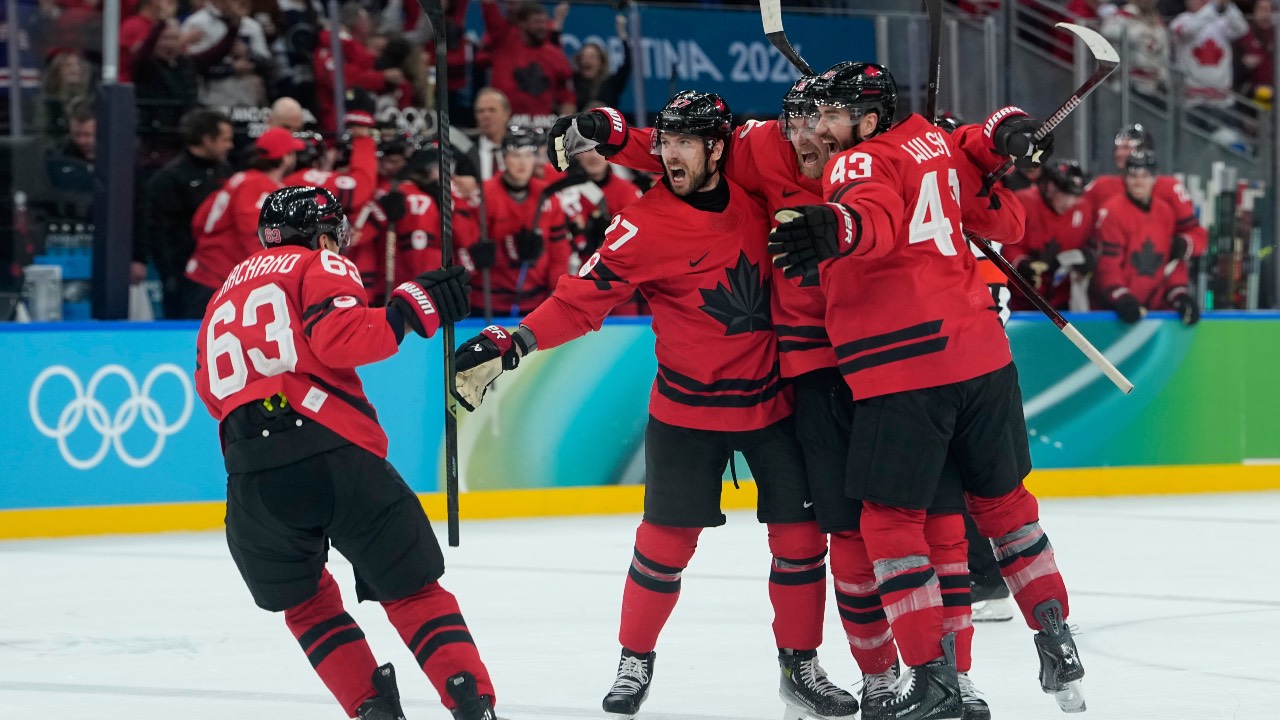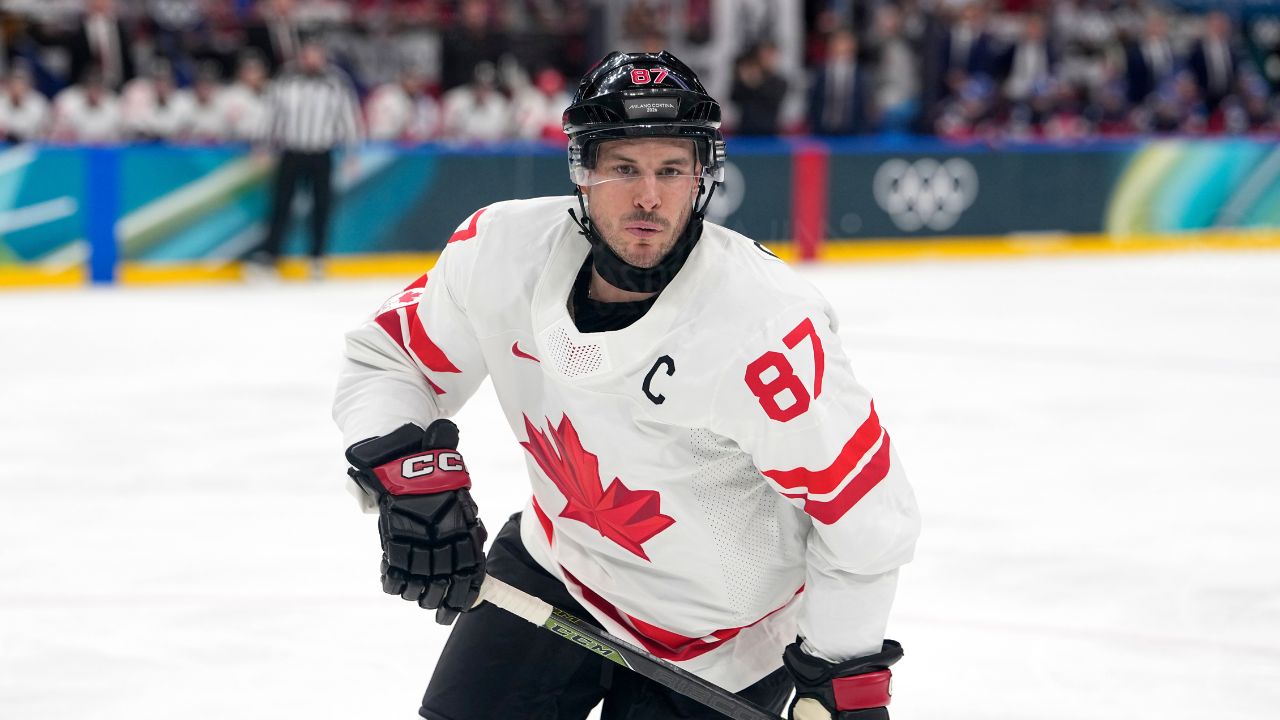
Editor’s Note: The following story deals with sexual assault, and may be distressing for some readers.
If you or someone you know is in need of support, those in Canada can find province-specific centres, crisis lines and services here. For readers in America, a list of resources and references for survivors and their loved ones can be found here.
The NHLPA released the independent report it commissioned to review its handling of the Kyle Beach matter on Friday morning. The conclusion: “Beach’s warnings about (Brad) Aldrich were not addressed on account of miscommunication and misunderstanding, rather than any individual or systemic failure.”
Reading the document, I cannot agree.
One of the biggest differences between the Chicago Blackhawks’ Block & Jenner report and this NHLPA version (commissioned to the law firm Cozen O’Connor) is the testimony of Dr. Brian Shaw.
Shaw, a program administrator for the NHL/NHLPA Player Assistance Program, told Blackhawk investigators he had no records or recollection of meeting with Beach.
This time around, it is different.
Beach did not meet with the NHLPA’s investigators. He has stated he was given Shaw’s contact information after finding out Aldrich was working with USA Hockey. Shaw provided more detailed testimony for this document.
“In our interview with him,” reads the NHLPA’s report. “Dr. Shaw provided a much more detailed recollection of his telephone call with Beach than he did in connection with the Jenner Report, explaining that his interview by the Jenner investigators was cursory and focused exclusively on whether he had ‘met’ with Beach — which he interpreted to be asking whether he had physically met with Beach — as opposed to speaking with him by phone, as was in fact the case.”
“Dr. Shaw told us that he received a phone call from Beach in early 2011. Dr. Shaw recalled that Beach was ‘concerned, very concerned,’ and explained that he, Beach, had been referred or told to call Dr. Shaw through the NHLPA. Dr. Shaw told us that the call lasted approximately 10 to 20 minutes, during which Beach reported that he had been sexually assaulted by Aldrich in 2010. Beach described the assault in some detail, and answered Dr. Shaw’s questions about what actions he had taken thereafter.
“Specifically, Dr. Shaw remembered that Beach said he had not gone to the police, but had reported the assault within the Blackhawks organization. Dr. Shaw recalled that Beach wanted ‘someone’ to contact USA Hockey and tell them what he had experienced; Beach was concerned that USA Hockey needed to know about it because he had learned that Aldrich was now working there. Dr. Shaw explained that Beach was very upset during this conversation; accordingly, Dr. Shaw sought to reassure him by telling him words to the effect that ‘someone’ or ‘they’ would ‘handle’ or ‘take care of’ contacting USA Hockey. Dr. Shaw also emphasized that he asked several times whether Beach wanted a referral for treatment or therapy, and that each time Beach declined that offer.
“Accordingly, Dr. Shaw never opened a file for Beach. Dr. Shaw explained to us that he assumed that either Gurney or someone at the NHLPA would be the one to ‘handle’ contacting USA Hockey. He offered assurances to Beach that he was sure USA Hockey would be contacted only to address Beach’s obvious distress about getting the word out about Aldrich. But he never believed that he was offering to be the person to contact USA Hockey about Aldrich on Beach’s behalf, nor did he think that he made such a suggestion to Beach. Indeed, Dr. Shaw observed to us that he does not know anyone affiliated with USA Hockey.”
Later, the report, which can be read in its entirety here, indicates “Black Ace 1,” a teammate of Beach’s, also spoke to Shaw by phone. (Warning: Contents may be distressing for some readers).
“Dr. Shaw interpreted Black Ace 1’s call as an attempt to provide some background on Aldrich, to ensure that he, Dr. Shaw, would find Beach’s report credible. Dr. Shaw also noted that he found this unnecessary, because he found Beach’s account to be ‘100 per cent credible.’”
I’m not a lawyer. I don’t know the full extent of reporting rules. But, after reading this passage, I don’t understand how anyone can claim there wasn’t any “systemic failure” here. We have what its own doctor called a credible report of a sexual assault. And it didn’t go anywhere.
I don’t understand how Donald Fehr, NHLPA leadership and Cozen O’Connor can look at this and claim anything but systemic failure.
The immediate aftermath of this report — delayed several hours due to a power failure — is in stark contrast to what happened with the Blackhawks. GM Stan Bowman and senior vice-president of hockey operations Al MacIsaac were forced to resign right away. Former head coach Joel Quenneville, then with Florida, was gone days later.
We have not seen their individual testimony, nor have they made any public statements. But they were disciplined, publicly and harshly, for a failure to report. NHL commissioner Gary Bettman and deputy commissioner Bill Daly took heavy criticism for their first media conference, the next week.
The NHLPA investigation provides more detailed personal testimony. We have a much clearer picture of what occurred inside its walls.
There is dispute between Fehr, agent Ross Gurney (who represented Beach) and agent Joe Resnick (who formerly represented Black Ace 1). Some of it is hard to believe, quite frankly. I certainly have my suspicions, but that’s “he said, she said,” and difficult to prove.
What Shaw remembers Beach told him is detailed in the NHLPA report. It went nowhere. That’s not acceptable. There has to be mechanism. It’s not good enough to shrug your shoulders and say, “miscommunication and misunderstanding, rather than any…systemic failure.”
If I was a player, I wouldn’t accept that conclusion.






